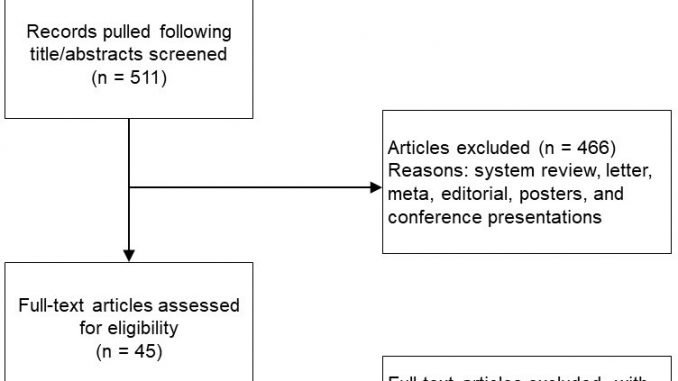
Cardiovascular diseases
Cardiovascular diseases represent the most common cause of death worldwide. According to the World Health Organization (WHO), around 17.9 million deaths occur due to the cardiovascular diseases each year. Cardiovascular diseases are the group of disorders affecting the heart and blood vessels. The risk factors include elevated blood pressure, increased glucose levels, abnormal lipid levels, and obesity.
Abnormal levels of lipids (fats), also known as dyslipidemia usually represents an elevation of plasma LDL cholesterol, triglycerides, or a low HDL cholesterol levels, contributing to the development of atherosclerosis, in which the plaque builds up inside of the arteries. Among all other risk factors for the development of cardiovascular diseases, dyslipidemia is considered the most important reversible risk factor for cardiovascular diseases. Therefore, the management of dyslipidemia is crucial for the prevention and treatment of cardiovascular diseases.
Treatment of dyslipidemia and cardiovascular diseases
Statins have been identified as the first-line therapeutic approach for dyslipidemia and atherosclerotic cardiovascular disease. However, recommended LDL cholesterol levels could not be reached in many patients receiving statin monotherapy. Furthermore, high doses of statins may cause adverse effects, especially in elderly. Therefore, it remains controversial whether high doses statins should be used in the treatment of cardiovascular diseases. Ezetimibe is a medication used for lowering the blood cholesterol levels. It works by inhibiting the cholesterol absorption.
A team of researchers from Ningbo First Hospital, Zhejiang, China performed a meta-analysis to compare the lipid-lowering efficacy and safety between ezetimibe combined with statin therapy and double-dose statin monotherapy in patients with high cardiovascular risk. This paper was published in the journal BJBMS.
The researchers analyzed the outcomes from 3105 patients throughout fourteen individual studies. The studies published so far were inconsistent and there was no clear conclusion. Therefore, this group of researchers reviewed and analyzed published studies.
The results showed that the combination of 10-mg ezetimibe and statins was significantly better in decreasing LDL cholesterol levels than the double-dose statin monotherapy in patients with increased cholesterol levels, with high risk of atherosclerosis. Statins administered alone could not control the cholesterol levels properly in patients with moderate to high risk of cardiovascular diseases.
The results of the study suggest that ezetimibe and statin combination therapy could be more effective in lowering cholesterole levels. Furthermore, the best therapeutic effect was accomplished when ezetimibe was combined with atorvastatin.
Leave a Reply